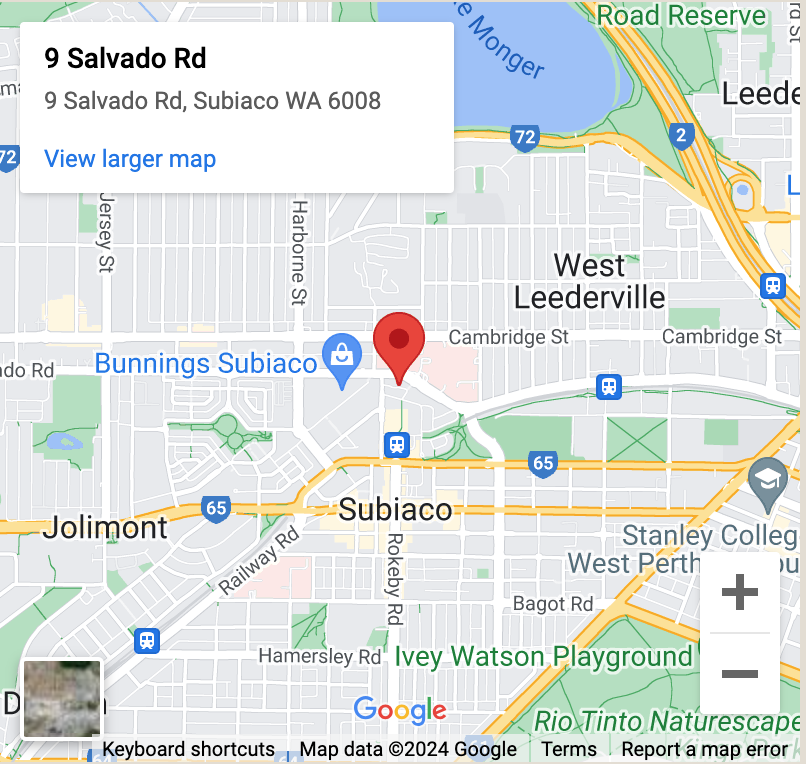Macular Degeneration
Macular degeneration (MD) is the name given to a group of chronic degenerative retinal diseases that can cause progressive loss of central vision. It affects the ability to read, drive, recognise faces and perform any activity that requires detailed vision. MD is more common in older persons, and is commonly known as age-related macular degeneration (AMD).
MD is the leading cause of visual impairment in Australia, responsible for half of all cases of blindness. Approximately 1 in 7 Australians have signs of MD, and 17% of these will experience vision impairment ranging from mild to severe. Although macular degeneration is usually related to ageing and most frequently affects people over the age of 50, it is not a normal or inevitable part of the ageing process, and some forms of the disease can also affect younger people.
Macular degeneration is progressive and painless and although it can lead to legal blindness, it usually does not result in total or ‘black’ blindness.
How does MD affect your sight?
In the early stages of MD your sight may be unaffected. However, signs that the retina is being damaged can be detected by your eye care practitioner (optometrist or ophthalmologist), and this highlights the importance of regular eye examinations to detect AMD in its early stages.
Some people progress from early to late stage MD, where the condition causes loss of vision. Common symptoms of MD are blurred vision, distortion of straight lines, or a dark patch in central vision.
Types of Macular Degeneration
There are two types of macular degeneration: dry and wet.
The dry form is more common, affecting 85% of persons with AMD. It results from slow deposition of waste material from retinal cells underneath the macula. These waste products appear as yellowish deposits known as drusen. In turn these drusen cause thinning of the pigment layer of the retina (retinal pigment epithelium or RPE) and gradual loss of the light-sensitive photoreceptors in the macula. This type of AMD is called ‘dry’ macular degeneration because there is no leakage of fluid or blood. Over time, the disease may worsen, ultimately causing loss of most or all macular photoreceptor and RPE cells. This is known as geographic atrophy, and can be considered the end stage of dry AMD. Although there is currently no treatment for dry macular degeneration, diet and lifestyle, including the use of an appropriate supplement, can help slow disease progression and vision loss.
Retina Dry AMD
The wet form is characterised by a sudden loss of vision and is caused by abnormal blood vessels growing under the macula, followed by leakage and bleeding from these abnormal vessels. When wet macular degeneration develops early diagnosis and treatment are essential if severe permanent vision loss is to be prevented. There are a number of treatments available for wet macular degeneration. While these treatments cannot cure the disease, they aim to stabilise and maintain the best vision for as long as possible. In some people, treatment can improve vision.


